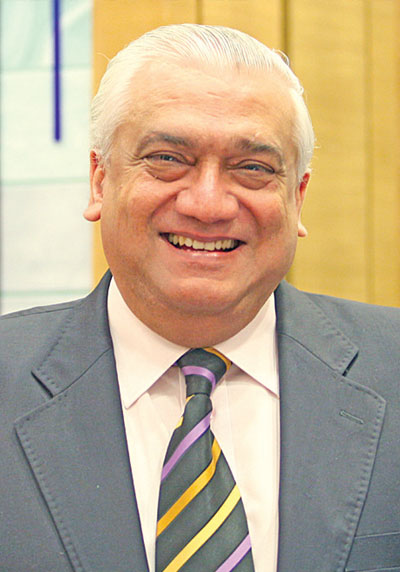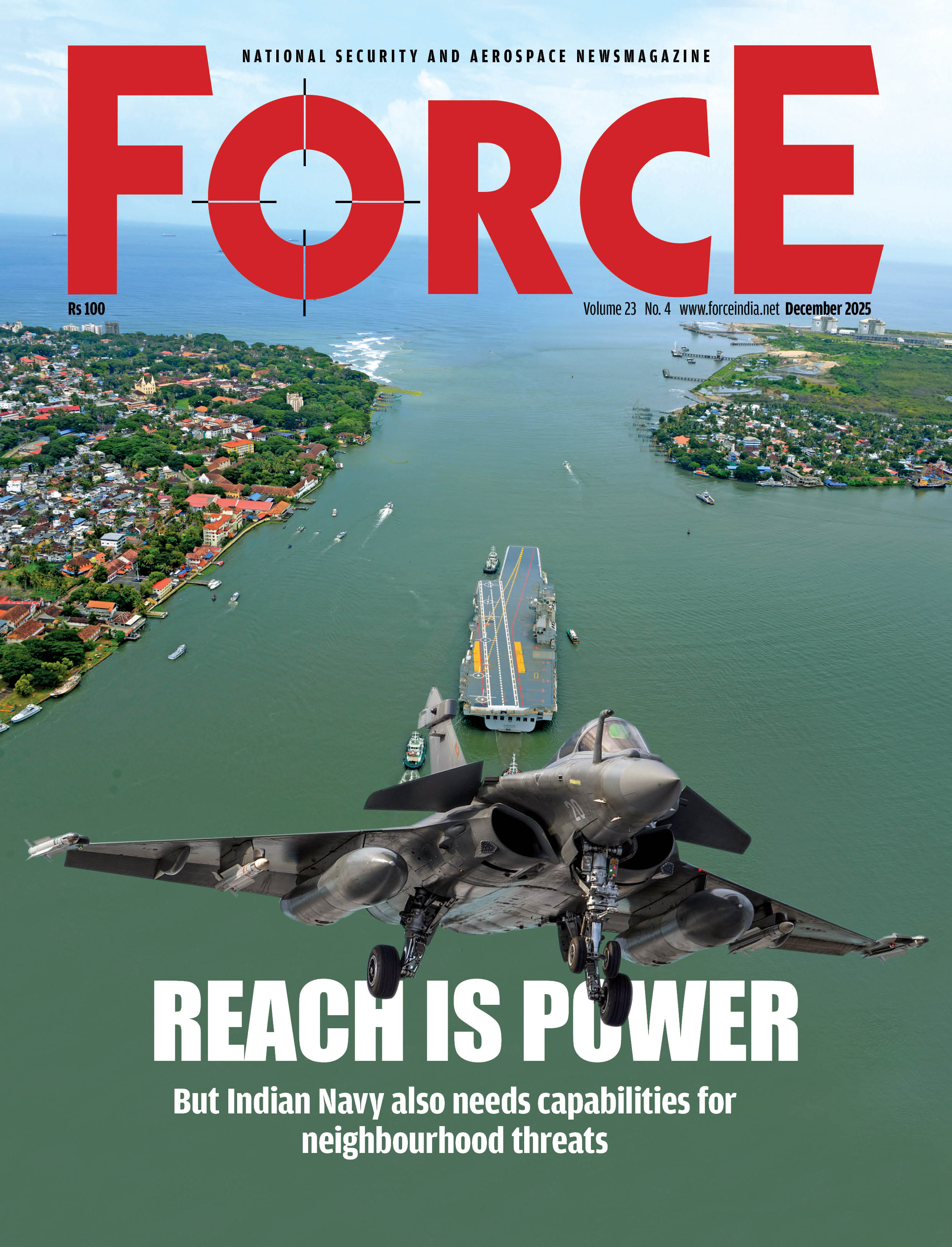Books | Talmiz Ahmad, author of West Asia At War: Repression, Resistance and Great Power Games
‘Religious Extremism Was an Instrument of Resistance to the Oppression from the Domestic State Order and the Interventions of Western Powers…, Particularly the United States’
 There have been several books on West Asia, both descriptive and prescriptive. What was your objective in writing West Asia at War: Repression, Resistance and Great Power Games?
There have been several books on West Asia, both descriptive and prescriptive. What was your objective in writing West Asia at War: Repression, Resistance and Great Power Games?
While there are numerous books on West Asia there are very few books on the region as a whole, which also provide a historical perspective. If you see the books that are available now, they focus on a specific region, country or an issue. My book is quite different. It looks at the region as a whole, which is why it is called West Asia at War. It covers the entire regional landscape from Iran up to Morocco.
To the best of my knowledge, there have only been one or two books in the last 20 years which have this kind of broad coverage. There is, for instance, The Arabs by Eugene Rogan, that was written in 2009. My book contains not only a lot of facts and discusses events, but it also provides a personal perspective. To that extent, I believe it would be of interest to the average Indian reader who is not familiar with the nuances and background details of what has been happening in the region.
You have served in the region and have written a few books on different aspects of West Asian politics and society. What has remained unchanged in the region and what has changed since your time there?
I retired from foreign service about 10 years ago and not much has changed since then. The one issue that has been agitating the region for the last century is the same—the problem of governance. The people had earlier endured a colonial administration, now they have authoritarian governments, both of which have been oppressive.
The second factor that has complicated the scenario in the region has been the intervention of external powers. If you look at the nineteenth and the early twentieth centuries, it was Britain and France which dominated the region; in the second half of the twentieth century, it has been the Americans.
The third enduring factor has been resistance to repression. Initially, there was resistance to colonial powers and the emergence of new forms of governance in the shape of the Republics. Then there was Islamic extremism which was also a form of resistance against the interventions of foreign powers in regional affairs. The attack of 9/11, for example, is a robust expression of resistance.
The most recent expression of resistance and which is palpable even today are the Arab Spring uprisings. These uprisings covered the entire region—starting in Tunisia, within a few weeks they had already spread right across North Africa and West Asia. The uprisings brought down four authoritarian rulers who had been in place for more than 20 years and in some instances over more than 30 years. Of course, entrenched state power has been very coercive in suppressing these agitations for reform; that pattern of regional politics has also not changed.
Do you think religious radicalisation in the region can be rev
Subscribe To Force
Fuel Fearless Journalism with Your Yearly Subscription
SUBSCRIBE NOW
We don’t tell you how to do your job…
But we put the environment in which you do your job in perspective, so that when you step out you do so with the complete picture.







